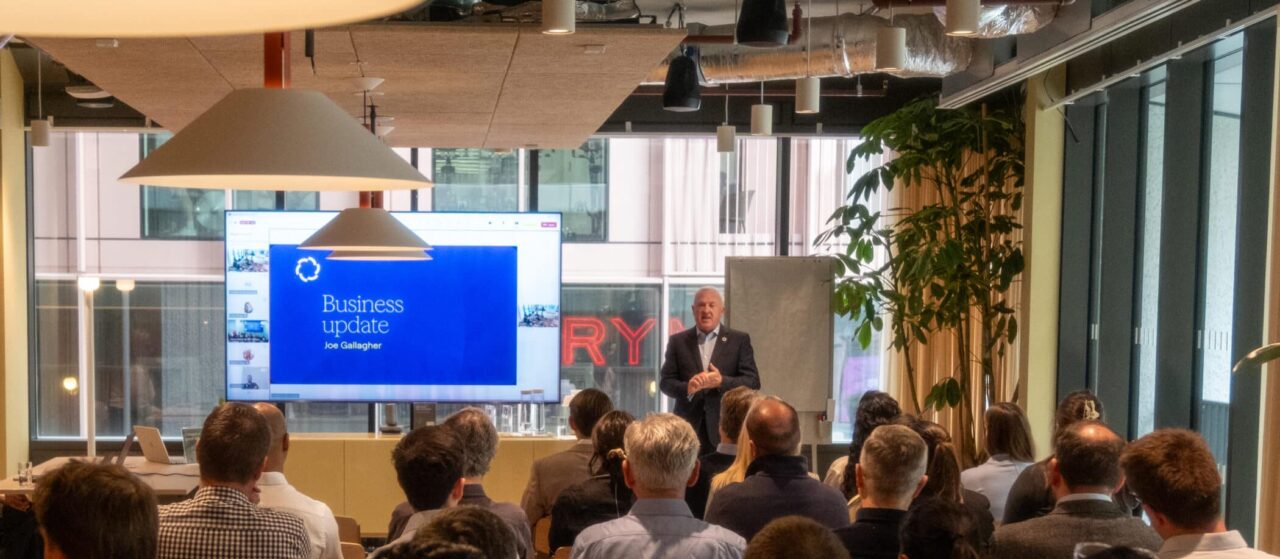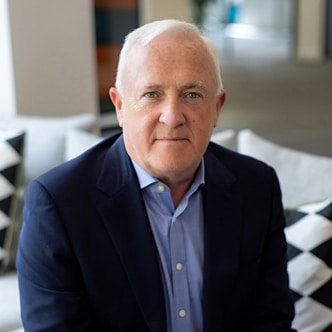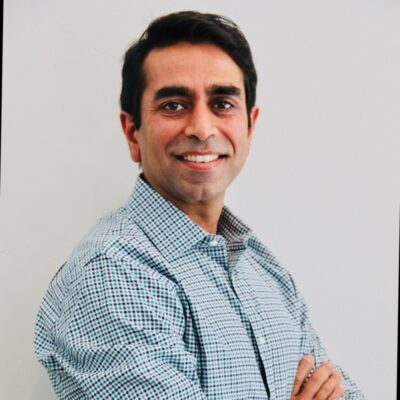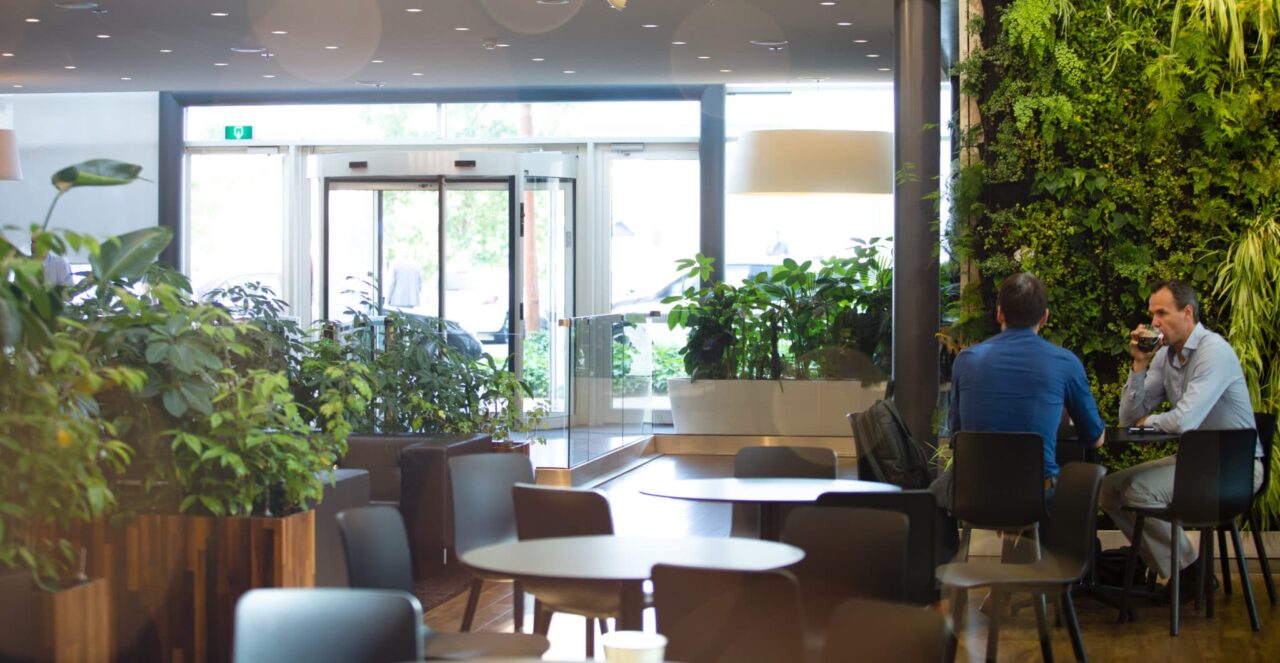I’m really delighted to be speaking today at International Institute of Communications Telecommunications and Media Forum in Miami. I need to confess however, that the conference was not the only draw.
Alongside my suit and speech I packed a kite and surfboard for this trip, and I literally can’t wait to catch the breeze, ride the waves and ideally take flight in these stunning spots on the edge of the Caribbean. Who knows, I might even bump into Barack Obama and Richard Branson?
There are many parallels between my favourite sport and my chosen profession. Timing is critical. Seizing the moment essential. Speed gives you the edge and you have to harness the powerful forces of the wind and the waves around you. When you lift off – it’s sensational, but crash-landing really hurts and it takes time and effort to get back on track.
The specific challenges in this part of the world are still relatively new to us at Liberty Global. We’ve been in Chile and Puerto Rico for a while but it was only last May – almost exactly a year ago – that we closed the deal with Cable and Wireless and became – overnight – they key provider of core services to more than 10 million customers in 24 or so countries across the Caribbean and Latin America. It is an awesome responsibility which we take very seriously.
At the IIC conference today, I’ll be inviting the audience to look at our track record elsewhere. In Europe, our network now connects more than 50 million homes and millions more will be added over the next few years. Our speeds of 200 to 500 Mb – invariably – shame the competition … and we are pushing them higher and higher. We are – in a nutshell – on the edge of the GIGAWORLD.
It is these GIGAWorld networks – networks that have truly powerful up and download speeds, with build in resilience, enhanced latency and assured security – that are key to unlocking the GIGA-Apps of tomorrow.
It is these networks that enable growth and innovation – that have the capacity to accelerate digital innovation by entrepreneurs large and small, and it is these networks that will propel major industries such as the healthcare sector with say virtual patient monitoring, and to those public authorities, energy and transport companies building the smart cities of tomorrow.
And to build the smart cities of tomorrow, we must consider the frameworks we operate in today – and the role regulation plays in the investment process.
We all have skin in the game. Consumers are empowered by innovation, innovation is powered by investment and investment is only possible with regulation that gives both certainty and the freedom to innovate.
Innovation in our industry is a process of trial and error, a process with many possible outcomes and which has a more profound impact of fundamental change than any regulator can ever achieve. Hence we need regulation that enables the process of innovation, which avoids prescriptive approaches, or technology mandates and which incentivize experimentation, innovation, and further investment.
We feel that the role of the regulator in today’s competitive telecoms markets, is critical to growth and innovation – we need regulators to focus to avoiding lasting market failure through insufficient incentives and returns on investment. These incentives allow us and others to invest & innovate.
FCC Chairman Ajit Pai has spoken passionately about the need to re-focus on “light touch” regulation, to ensure regulation is practical not ideological, technology neutral and that respects economics. Above all, regulation that gives the freedom and certainty that digital infrastructure players need to invest, innovate and empower.
We think there is much merit to this approach. And we are urging law-makers in Europe to stick to this approach in their review of the EU telecoms framework, a system that has worked well for more than 15 years and which has driven unprecedented waves of competition and investment from players such as Liberty Global.
Whilst markets in the Caribbean region are structured differently – and regulatory approaches are more diverse – there is much we can learn or consider adopting from experiences in Europe and the direction being set by the new FCC administration in the US.
LikeKite-surfing and superfast broadband – they have more in common than you think!










